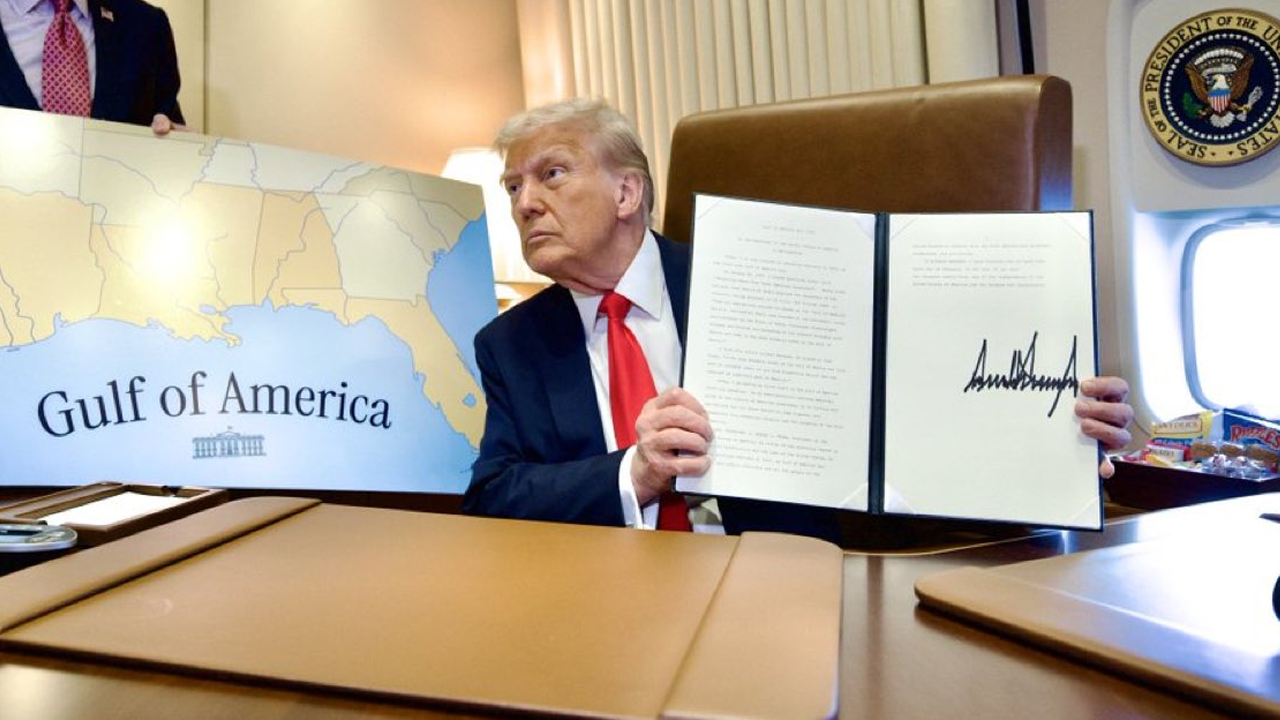Unpacking America’s Mixed Feelings on Trump’s Policies: What Polls Reveal
A recent poll has highlighted the complex tapestry of public opinion surrounding former President Donald Trump’s policies, revealing a nation divided yet deeply engaged in the discussion. The findings indicate that while Trump’s policies resonate with a substantial segment of the population, others raise significant concerns and opposition. This article will explore these mixed feelings, delving into specific policies that garner support and those that spark controversy, while also considering the broader implications for American society and politics.
Understanding the Poll Results
Polls serve as a valuable barometer of public sentiment, and recent surveys concerning Trump’s policies illustrate a nation grappling with its identity and priorities. According to a recent Gallup poll, approximately 45% of respondents expressed support for Trump’s economic policies, citing job growth and tax cuts as key benefits. Conversely, the same poll revealed that nearly 55% disapproved of his immigration policies, particularly the controversial family separation practices at the border.
This dichotomy is not merely numbers; it reflects a broader ideological split within the country. Supporters often view Trump’s economic initiatives as a necessary antidote to years of stagnation, while detractors argue that his policies disproportionately favor the wealthy and exacerbate inequality.
Trump’s Economic Policies: A Double-Edged Sword
One of the most significant aspects of Trump’s presidency was his focus on the economy. His administration enacted major tax reforms, notably the Tax Cuts and Jobs Act of 2017. Proponents argue that these tax cuts stimulated economic growth and reduced unemployment to historic lows before the pandemic hit. They claim:
- **Increased investment in businesses** led to job creation.
- **Lower taxes for families** meant more disposable income.
- **Deregulation** fostered a more business-friendly environment.
However, critics contend that the benefits of these policies were not evenly distributed. Many working-class Americans found themselves in the same financial struggles despite the booming stock market. According to a Pew Research Center study, income inequality increased during Trump’s presidency, leading to a growing discontent among those who felt left behind by the economic recovery.
Immigration Policies: A Source of Division
Trump’s immigration policies have perhaps sparked the most passionate responses. His administration’s approach included strict border enforcement, the construction of a wall along the southern border, and a travel ban affecting several predominantly Muslim countries. Supporters argue that these measures were necessary to enhance national security and reduce illegal immigration. They believe:
- **Stricter immigration laws** protect American jobs.
- **Border security** is vital for national safety.
- **Legal immigration processes** should be prioritized over illegal entry.
However, these policies faced fierce backlash. Opponents criticized the humanitarian implications, particularly the separation of families at the border. Many polls reflect this sentiment, with a significant percentage of Americans believing that such practices are inhumane and counterproductive. The emotional weight of these policies contributes to the overall mixed feelings about Trump’s administration.
Healthcare Policies: Mixed Reactions
Healthcare has always been a contentious issue in American politics, and Trump’s approach was no exception. His administration sought to dismantle the Affordable Care Act (ACA), commonly known as Obamacare. While some Americans supported this move, believing it would reduce government overreach, many others feared losing access to essential healthcare services. The polls show that:
- **Support for repealing the ACA** was strong among Trump’s base.
- **Opposition to the repeal** often came from those who benefited from its provisions, such as coverage for pre-existing conditions.
As a result, healthcare emerged as yet another area where the public sentiment was sharply divided, with many Americans feeling anxious about their healthcare security amid the shifting policies.
International Relations: A Polarizing Legacy
Another important aspect of Trump’s presidency involved his foreign policy decisions. The “America First” approach often translated into strained relationships with traditional allies and a focus on bilateral agreements over multilateral ones. Supporters argue this strategy was beneficial, asserting that it put American interests at the forefront and led to renegotiated trade deals, such as the USMCA, which replaced NAFTA.
On the other hand, critics argue that this approach undermined international alliances and emboldened adversarial nations. Polls indicate that many Americans are concerned about the implications of abandoning long-standing diplomatic norms, fearing it could lead to increased global instability.
Public Sentiment Moving Forward
As America continues to navigate the complexities of its political landscape, the mixed feelings about Trump’s policies highlight a pivotal moment for both the Republican Party and the nation. Polling data suggests that while Trump retains a loyal base, there is a significant portion of the electorate that is disenchanted with his approach.
This ongoing division presents both challenges and opportunities for future political discourse. With the next election cycle approaching, candidates from both parties will need to address these nuanced opinions to resonate with a broader audience. For Republicans, this may mean reconciling traditional conservative values with the populist sentiments that Trump amplified.
Conclusion: A Nation Reflecting on Its Values
The mixed feelings surrounding Trump’s policies reveal a deeper reflection of American values and priorities. As the country faces pressing issues such as economic inequality, immigration reform, healthcare access, and international relations, public opinion will continue to be a crucial factor in shaping policy decisions. Understanding these sentiments, as revealed through polling data, can help foster a more informed and engaged citizenry, paving the way for a future where dialogue and compromise might prevail over division.
Ultimately, Trump’s legacy is complex, and as Americans unpack their feelings about his policies, they are also grappling with what kind of nation they wish to be moving forward. The challenge lies in bridging the divides exposed during his presidency and finding common ground in the pursuit of a better future for all citizens.
See more BBC Express News

